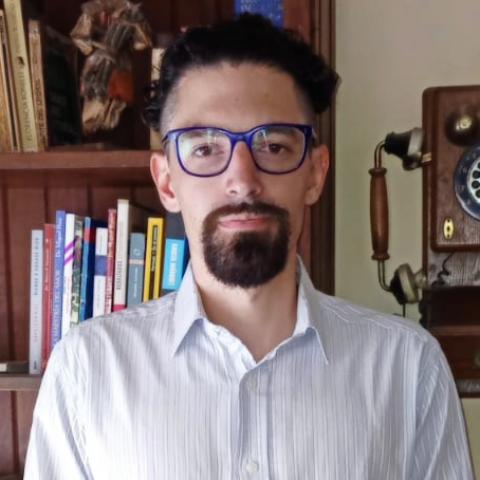The project proposes to study comparatively the relationship between the economic elites linked to agricultural and agro-industrial activity from Argentina, Brazil and Mexico and the state during the periods of neoliberal reforms (1988-2000) and the late neoliberalism of the 21st century (2000-2019). As hypotheses it argues that the two phases reserved different roles for the elites. At the end of the twentieth century, the political and technocratic elites of the three countries were responsible for conducting the reform processes from the institutions within the state. Outside of it, in the civil society, economic elites in general and corporate elites in particular, were actively involved in the process and showed collaboration regarding state initiatives. During the late neoliberalism, which unfolds in a historical and ideological context, global and regional, different from the stage that preceded it, the Argentine and Mexican economic elites assumed the leadership of the process, forming within the state a power elite. While the Brazilian political elites opposed to the PT managed to place themselves at the head of the impeachment process against the government of Dilma Rousseff and, thus, retained an instrumental role in the reforms to be implemented. With the turn of the century, however, both neoconservative projects found in the corporate elites outside the institutions of the State a more particularist and reactive action, in the case of Argentina, and a more moderate cooperation, in that of Brazil and Mexico. This is due to the changes in the reform agenda between the two periods, as well as the degree of homogeneity or heterogeneity of the economic elites and the autonomous or heteronomous link they have built historically with the state. In addition, the role of the economic elites linked to agricultural and agro-industrial activity in particular in the face of this epochal change is investigated.


